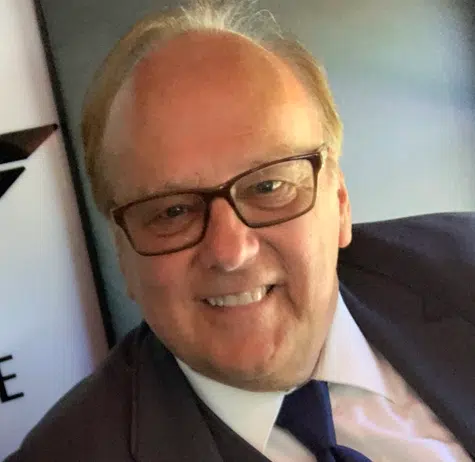By Matt Spetalnick, Vivian Sequera and Mayela Armas
WASHINGTON/CARACAS (Reuters) – The U.S. has assured the United Nations that it will shield a proposed UN-administered Venezuela humanitarian fund from creditors, people familiar with the matter said on Thursday, removing a key obstacle to getting the money flowing.
After months of confusion over the issue, the Biden administration clarified that the fund, agreed to last year between Venezuelan President Nicolas Maduro’s government and the country’s opposition, could operate within the U.S. financial system without risk of lenders seizing it to repay debt, the sources told Reuters.
Questions about the vulnerability of contributions to the fund, targeted to be built up with more than $3 billion in currently frozen assets, have delayed creation and implementation of the relief effort for Venezuela.
Representatives of Maduro and the opposition announced agreement on the fund in brief negotiations in Mexico late last year that meant to advance efforts to organize free elections in Venezuela.
Talks have stalled, however, with Maduro’s government blaming the U.S. for failing to provide assurances that the fund would be protected, as well as the continuation of tough U.S. sanctions on OPEC member Venezuela. The fund is meant to aid ordinary Venezuelans suffering from economic and humanitarian crises.
According to the four sources familiar with the matter, the U.S. notified the UN earlier this month that the funds would be safe from creditors. It was not immediately clear whether this was communicated verbally or in writing.
Bloomberg first reported that Washington had given the assurance to the UN.
The White House, the U.S. State Department, the Venezuelan government and the country’s opposition did not immediately respond to a request for comment.
The UN continues its efforts to implement the funding agreement, said Deputy UN spokesperson Farhan Haq, adding that it “has the potential to support millions of vulnerable Venezuelan people.”
(Reporting By Matt Spetalnick in Washington, Vivian Sequera and Mayela Armas in Caracas; additional reporting by Michelle Nichols in New York; Editing by Leslie Adler and Marguerita Choy)


